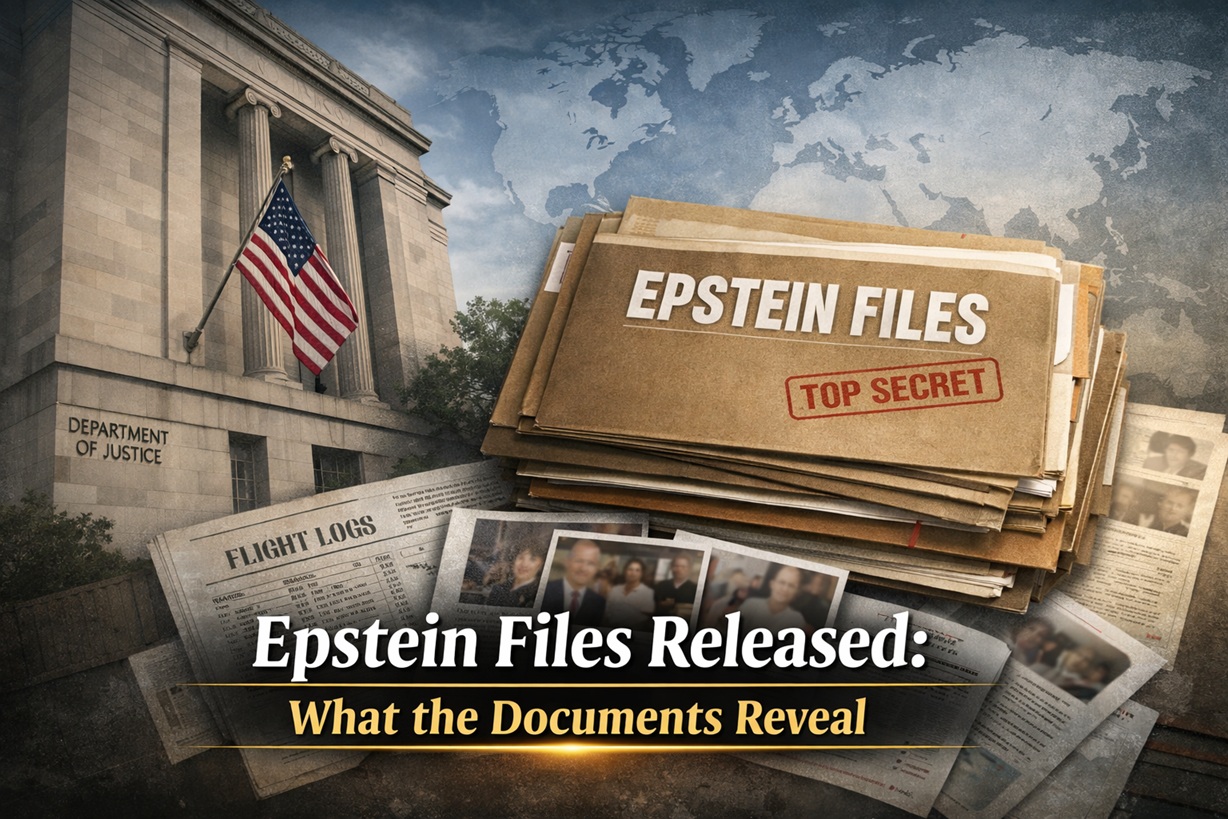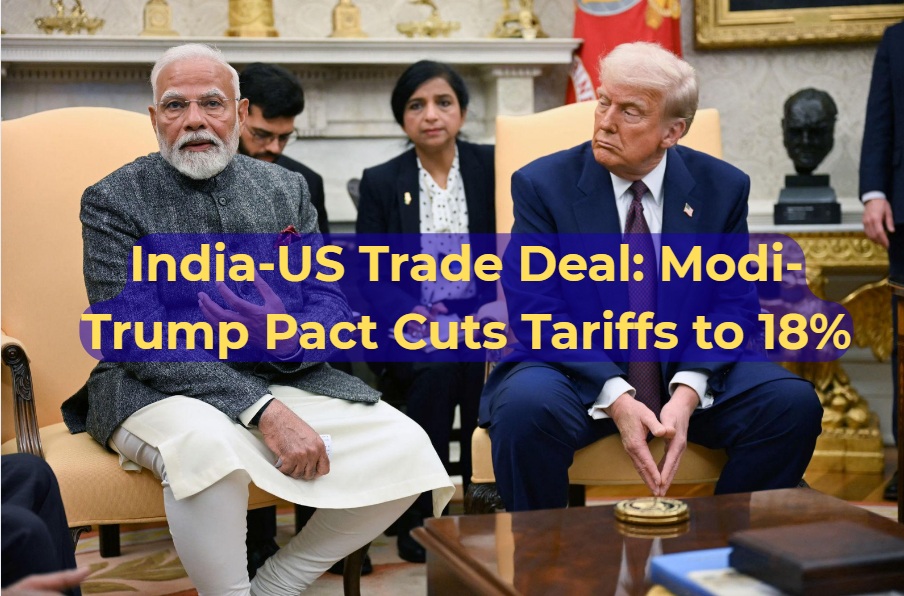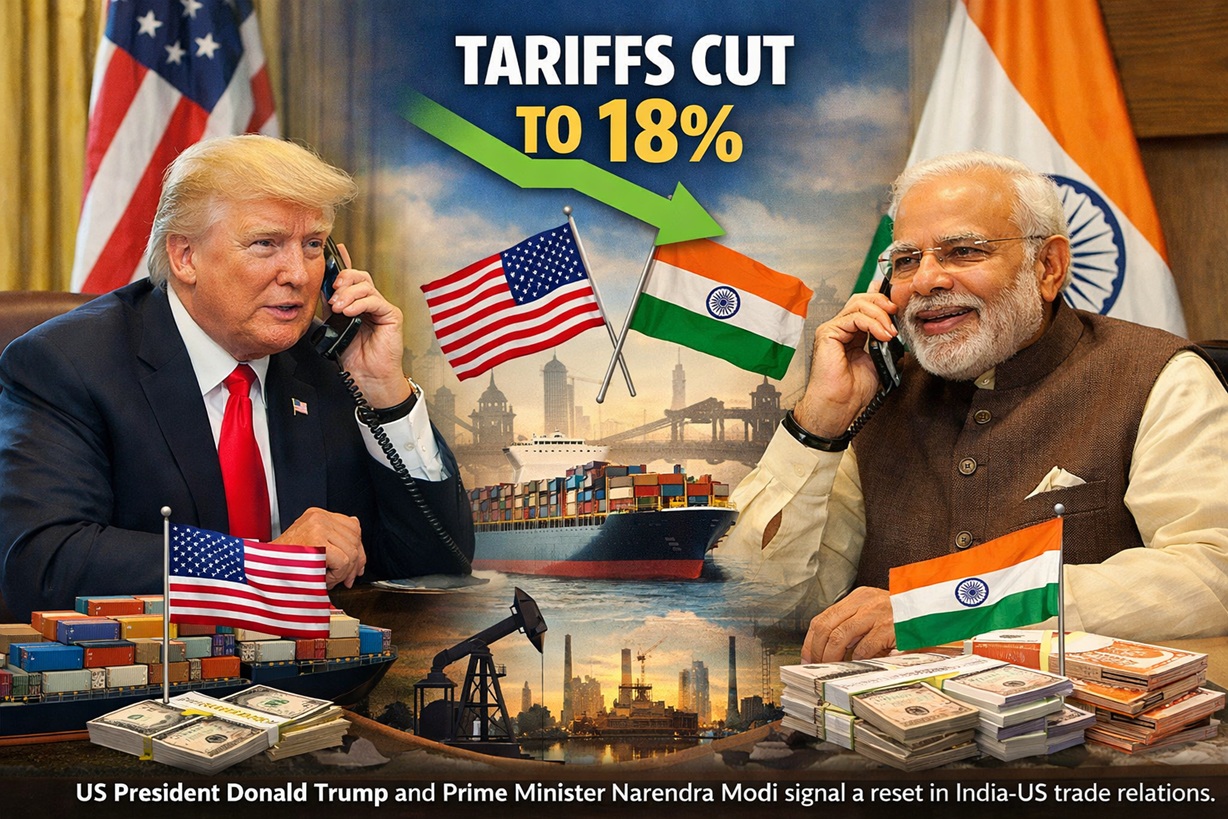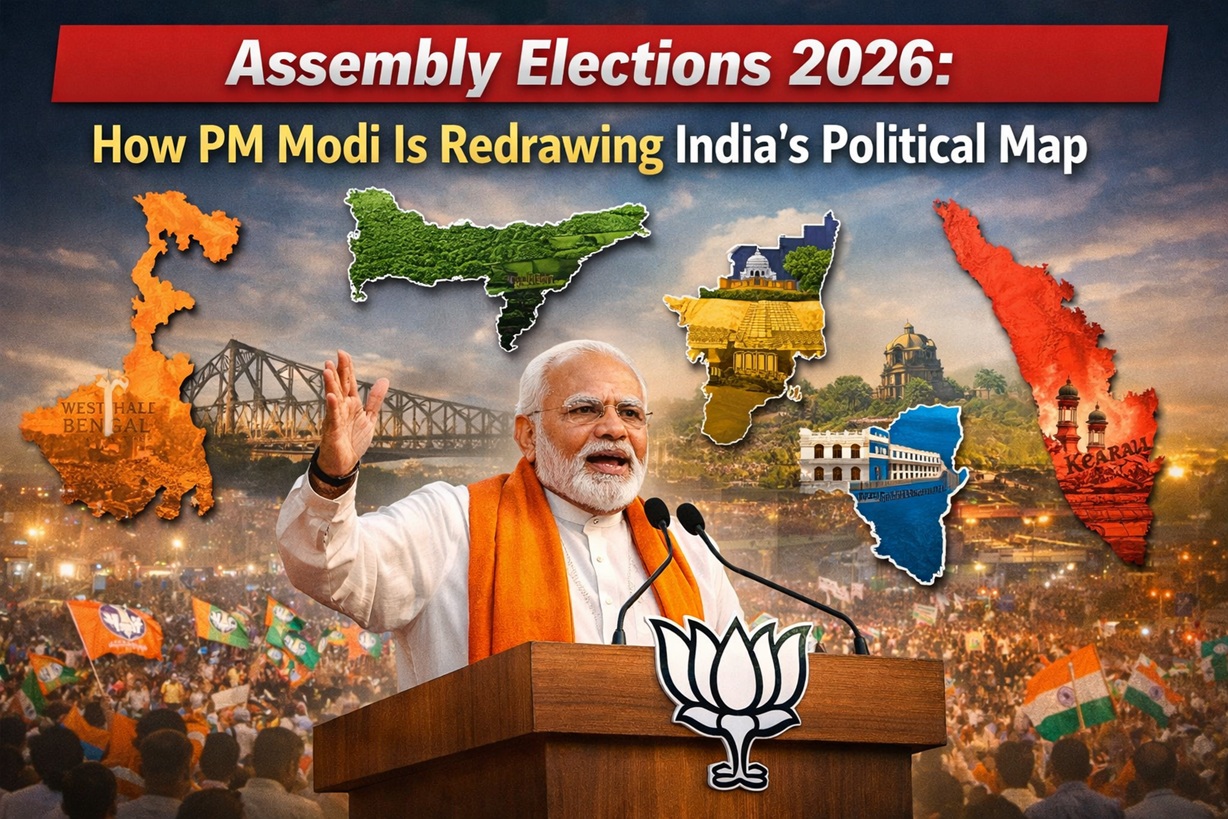Delhi Chief Minister Arvind Kejriwal is currently embroiled in a legal battle that has captured national attention. His judicial custody has been extended until September 3 by the Raj Avenue Court, marking a significant blow to his hopes for an early release. Kejriwal’s troubles stem from his alleged involvement in the Delhi liquor scam, a case that has implicated several high-profile figures in the political landscape. The Central Bureau of Investigation (CBI) has been investigating the scam, which involves accusations of corruption and money laundering related to the Delhi government’s liquor policy. Kejriwal, who has consistently denied any wrongdoing, was hopeful that his custody would be lifted, but the court’s decision has dashed those hopes.
The Legal Proceedings
On August 27, the Raj Avenue Court extended Kejriwal’s judicial custody until September 3. This decision came as a surprise to many, especially since other figures involved in related cases, like BRS leader Kavita and former Delhi Deputy Chief Minister Manish Sisodia, have been granted bail. Kavita, accused in a money laundering case linked to the Delhi liquor scam, was released on bail by the Supreme Court on a bond of ₹10 lakh. She has been instructed to surrender her passport, a common condition in such cases to prevent flight risk.
Kavita’s release on bail in both the Enforcement Directorate (ED) and CBI cases was partly due to the prolonged delays in her trial, leading to speculation about when Kejriwal might be granted similar relief. Politically, her release could significantly impact the ongoing investigation into the Delhi liquor scam. It has raised hopes among other accused individuals, particularly within the AAP, who remain in custody. The contrasting treatment of those accused in the case has sparked debate, with some questioning whether political motivations are influencing these legal decisions.
The Political and Social Implications
Kejriwal’s ongoing custody has not only affected him personally but also sparked a broader debate about the fairness of India’s judicial system. Many perceive a double standard, where influential figures often evade severe punishment, while ordinary citizens face the full brunt of the law. This perception is fueled by the fact that prominent leaders like Rahul Gandhi and Sonia Gandhi, who face serious allegations in the National Herald case, continue to operate freely, while Kejriwal remains behind bars.
This situation has further ignited discussions about the role of power and influence in the Indian justice system. Critics argue that the system is skewed in favor of the powerful, allowing them to escape accountability while the less privileged suffer. Kejriwal’s case has become a focal point for these grievances, with his continued detention seen by some as a symbol of the systemic flaws in India’s legal and political framework.
Kejriwal’s Role in the Alleged Scam
The accusations against Kejriwal center on his alleged involvement in the Delhi liquor policy, which is said to have favored certain businesses in exchange for kickbacks. Investigators claim that Kejriwal played a central role in the decisions that led to the scam, including setting up policies and procedures that facilitated corrupt practices. According to the allegations, Kejriwal was directly involved in the planning and execution of the scam, making him a key figure in the investigation.
These allegations have placed Kejriwal at the heart of a major controversy, with his opponents seizing the opportunity to call for his resignation. Despite being in jail, Kejriwal continues to hold the position of Chief Minister, which has led to further criticism. Many argue that this situation highlights a significant loophole in the system, where a person can remain in a high-ranking political position even while being investigated for serious crimes.
The Broader Context of Justice in India
Kejriwal’s case is just one of many that have brought attention to the inconsistencies in India’s justice system. There is a growing concern that the legal process is influenced by political and economic power, leading to uneven outcomes. This concern is particularly acute in cases involving high-profile politicians, where bail is often granted despite serious charges, while thousands of ordinary citizens languish in jail awaiting trial.
The case has also raised questions about the role of the judiciary in maintaining fairness and impartiality. While the Supreme Court has granted bail to figures like Kavita and Sisodia, Kejriwal’s case seems to be progressing differently, with his custody being repeatedly extended. This has led to speculation about the reasons behind the court’s decisions and whether Kejriwal is being treated differently due to his political status.
Arvind Kejriwal’s legal troubles represent a significant chapter in his political career, with far-reaching implications for his future and the broader political landscape in India. As his supporters hope for his release, the case continues to unfold, with each legal decision closely scrutinized by the public and the media. The situation also serves as a stark reminder of the challenges facing India’s justice system, where power dynamics often play a crucial role in determining outcomes.
As the court proceedings continue, the country watches closely, waiting to see how this high-stakes drama will conclude. Whether Kejriwal emerges from this ordeal with his political career intact or as a symbol of the flaws in the system remains to be seen.
#KKavita, #Kejriwal, #DelhiChiefMinister, #ArvindKejriwal, #latestupdate, #trendingnews, #nationalnews, #RouseAvenueCourt, #CBIcase, #SupremeCourt, #ManishSisodia, #delhinews,







